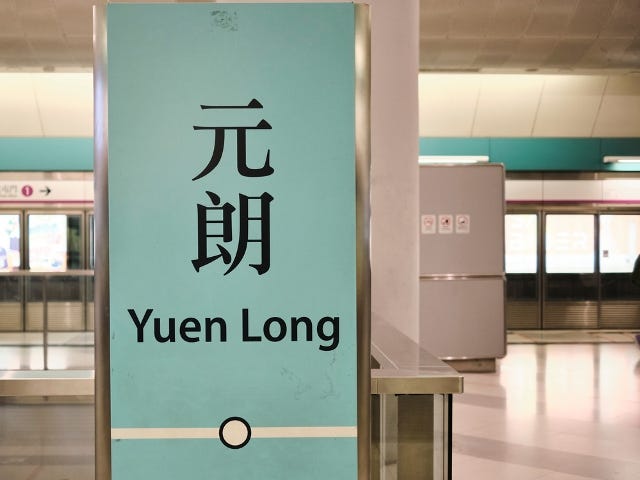Source: NYT (12/15/25)
Hong Kong Media Tycoon’s Conviction Was Years in the Making
Jimmy Lai spent decades criticizing China’s rulers. He faces up to life in prison after a court found him guilty of national security crimes.
By Andrew Higgins and Alexandra Stevenson (Andrew Higgins, a former resident of Hong Kong now working in Shanghai, has known Jimmy Lai since the 1990s and interviewed him shortly before his arrest. Alexandra Stevenson was in court for the ruling.)

Jimmy Lai at home in Hong Kong in August 2020. Credit…Lam Yik Fei for The New York Times
In a verdict long foretold by China’s Communist Party, a Hong Kong court on Monday convicted Jimmy Lai, a media mogul and rambunctious critic of the rulers in Beijing, finding him guilty of crimes endangering national security.
The conviction, swathed in the formal garb of a nominally independent judicial system left over from British rule, was never in any real doubt. Mr. Lai, 78, has been pilloried for years by China’s ruling party and its loyalists in Hong Kong as a traitor, a crook and the leader of a subversive “gang of four” who must be severely punished.
In this case, he was convicted of two counts of conspiring with foreign forces to impose sanctions against Hong Kong and another of publishing seditious material in the former British colony. He had already been convicted and imprisoned on fraud charges.
When Mr. Lai was arrested five years ago and released briefly on bail, a group of self-declared Chinese “patriots” gathered outside his home in Kowloon and waved banners warning ominously that “traitors who bring disaster to Hong Kong will not have a good end.”
Monday’s verdict delivered on that warning and brought nearer to a close a case that has crystallized the changes that have swept Hong Kong since the introduction of a harsh national security law in 2020 in response to months of antigovernment street protests that the authorities suppressed. Continue reading Jimmy Lai’s conviction was years in the making












